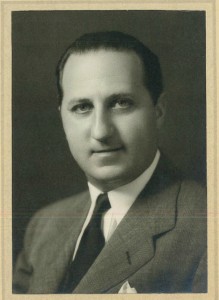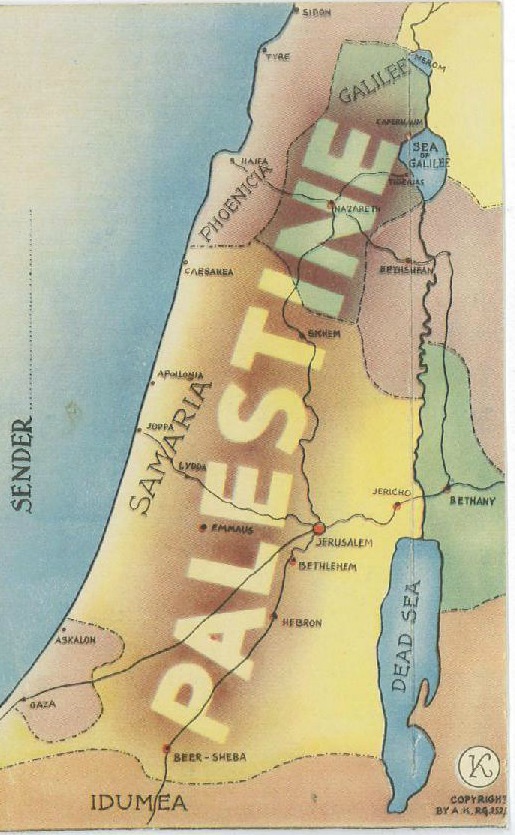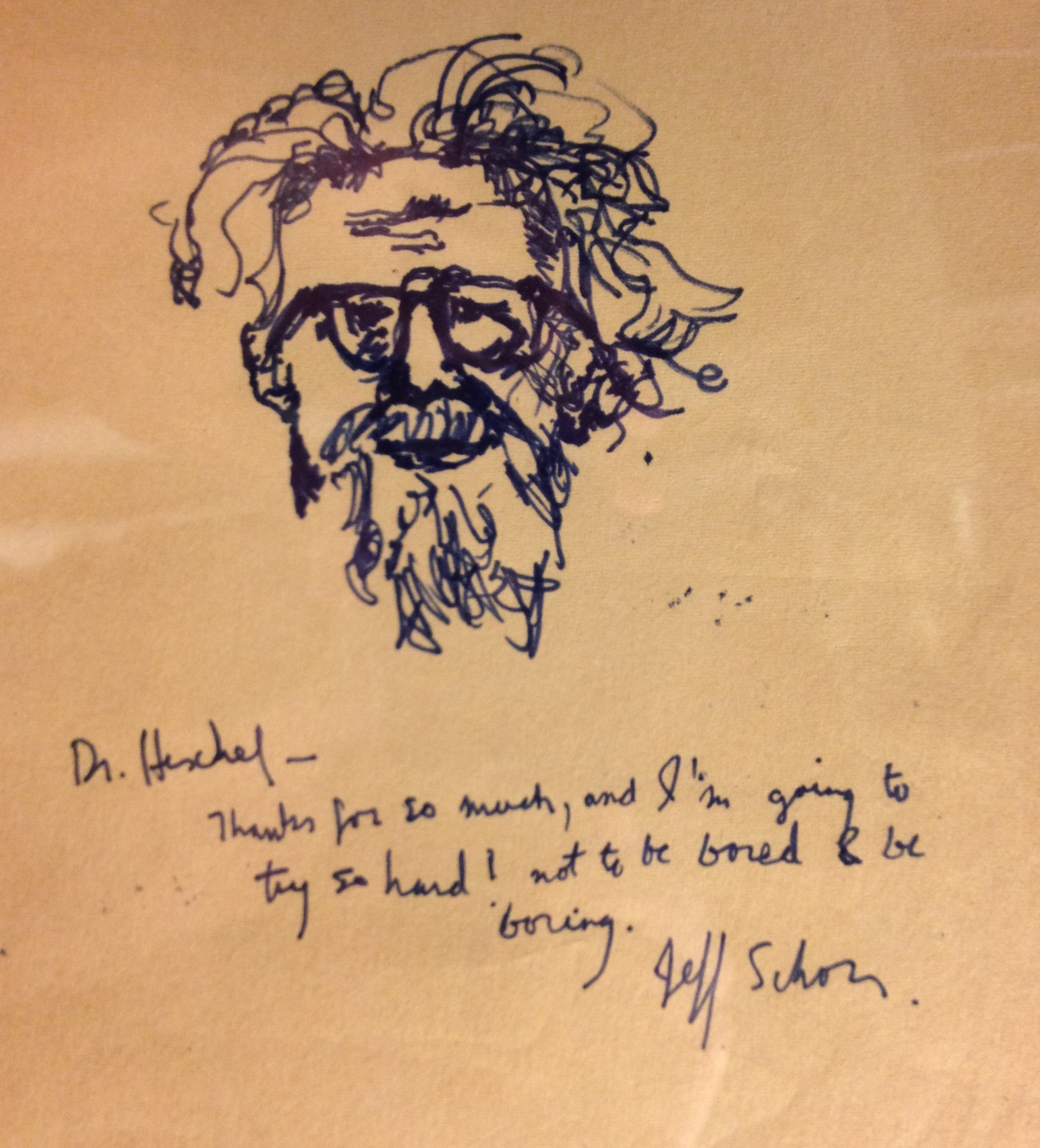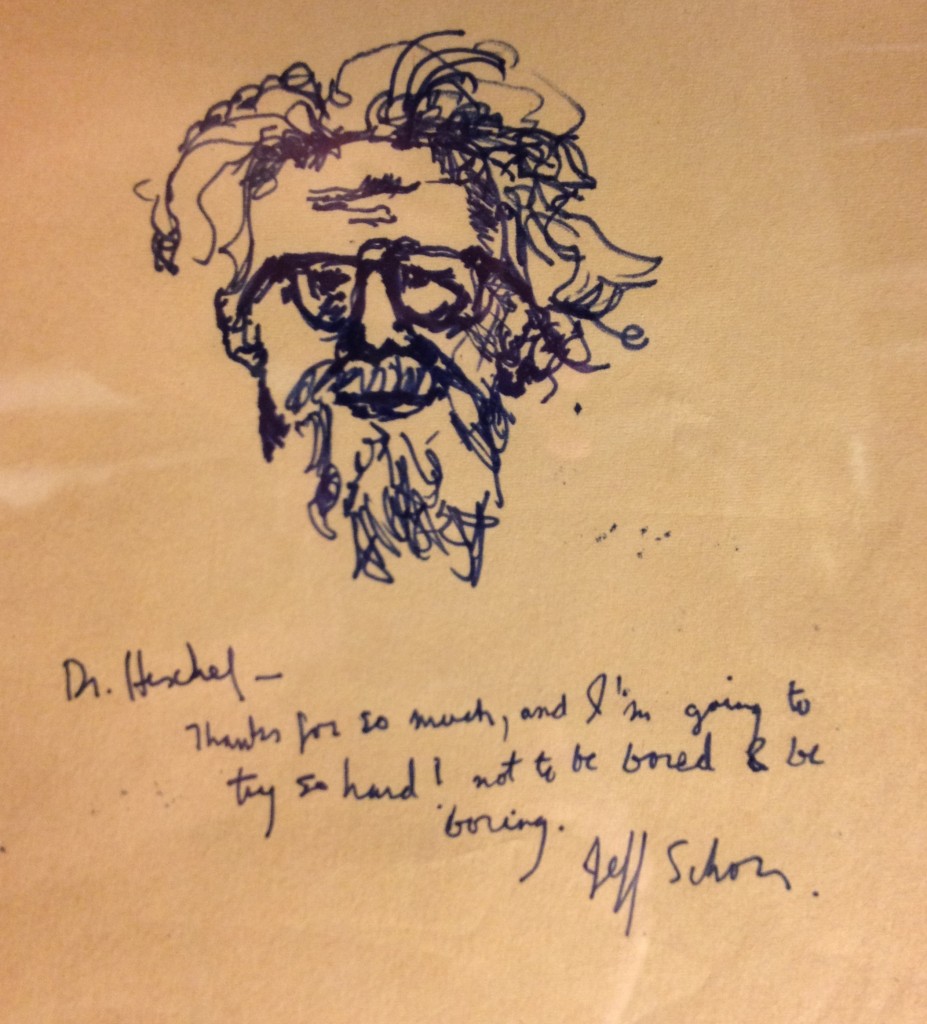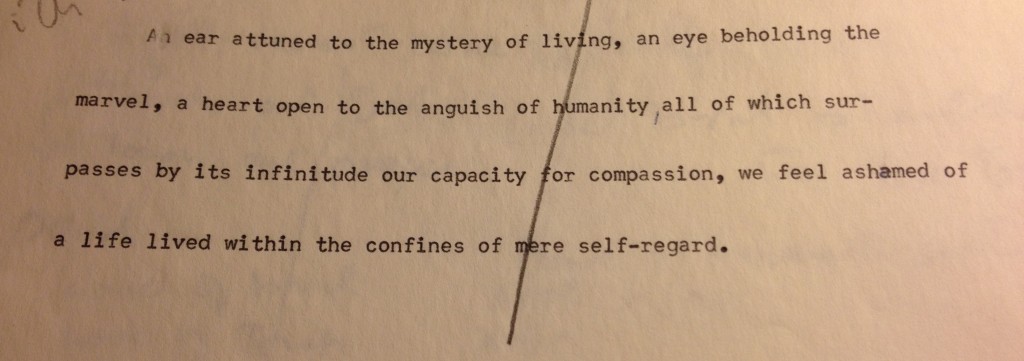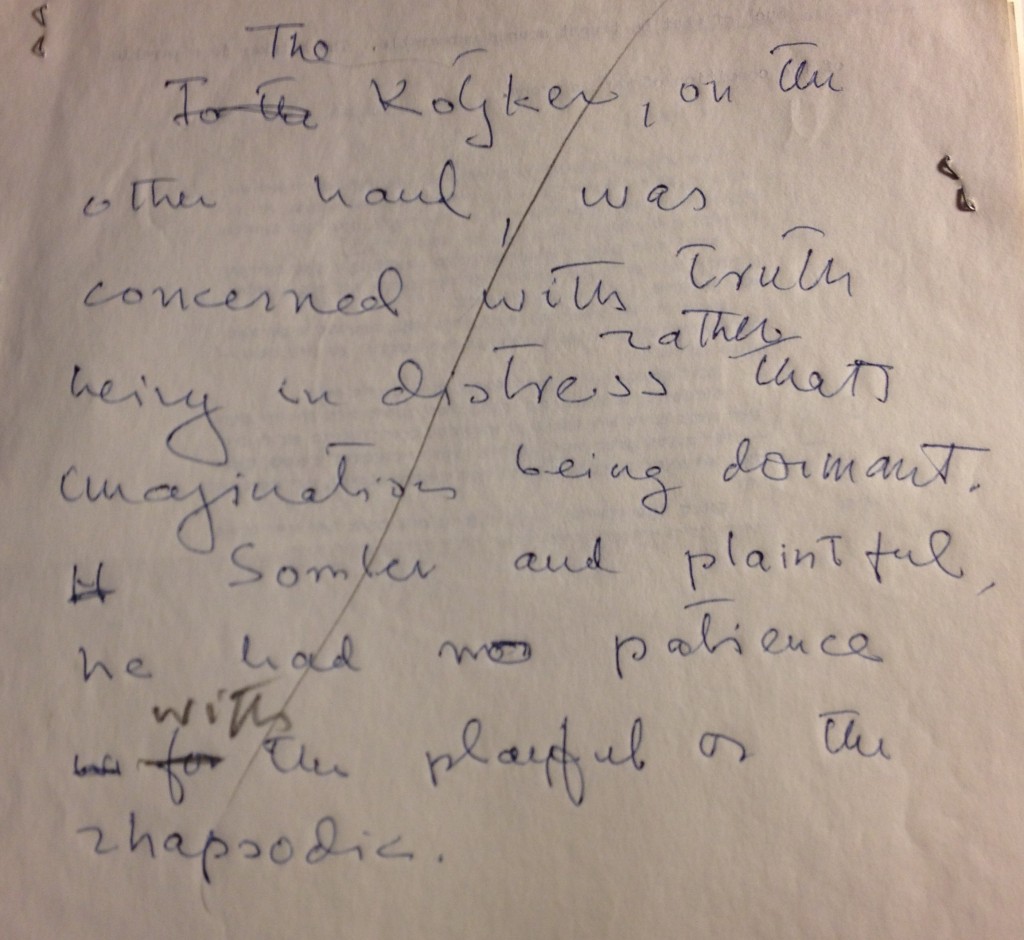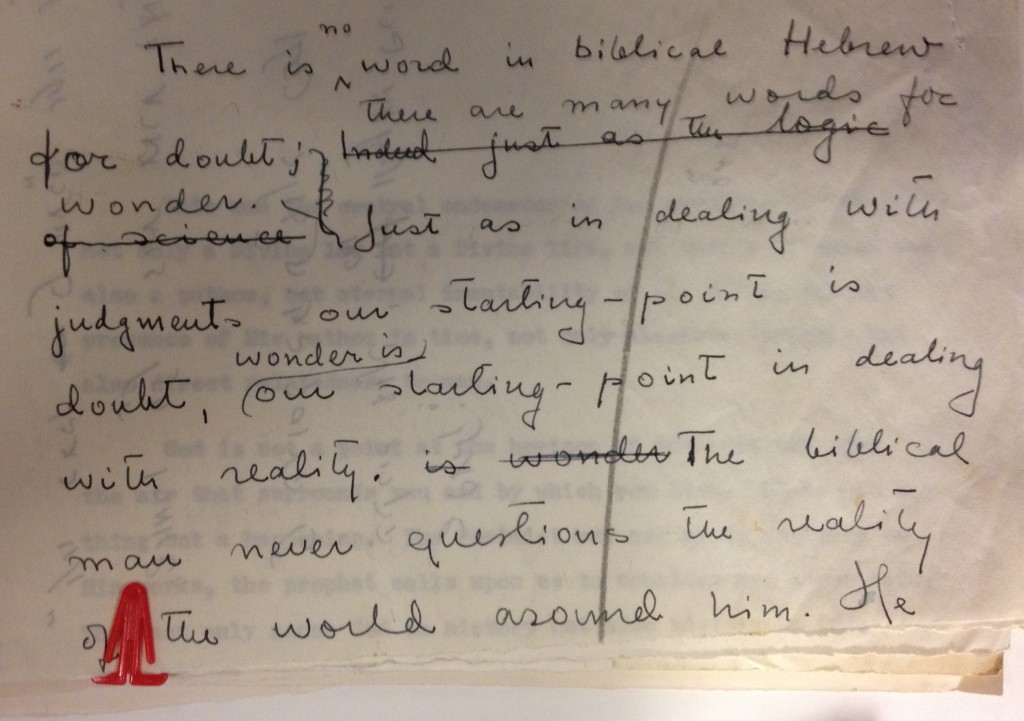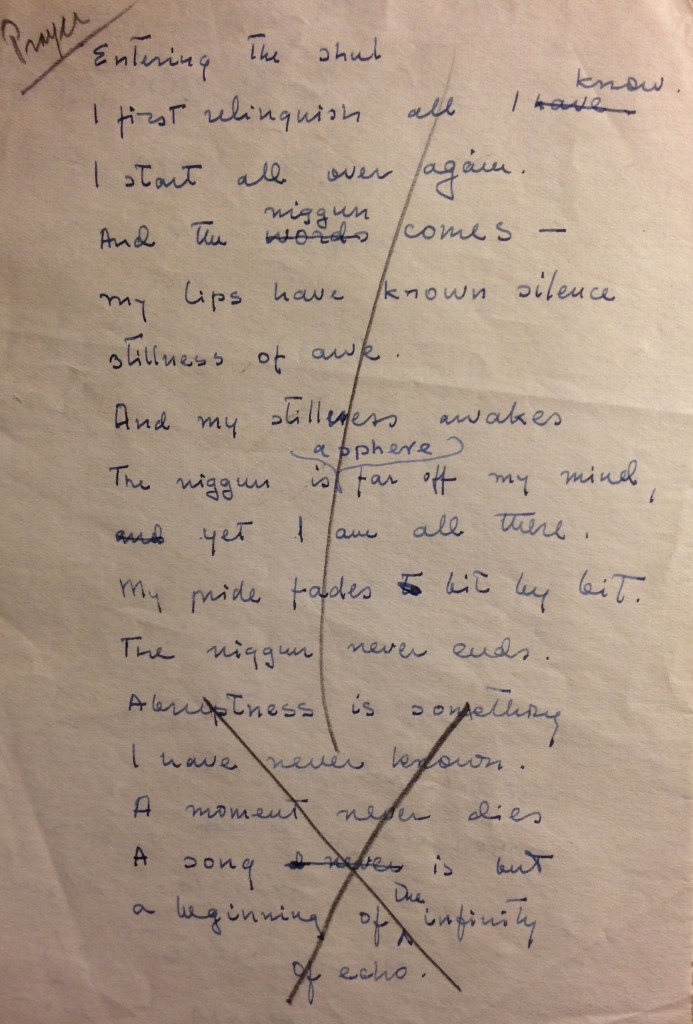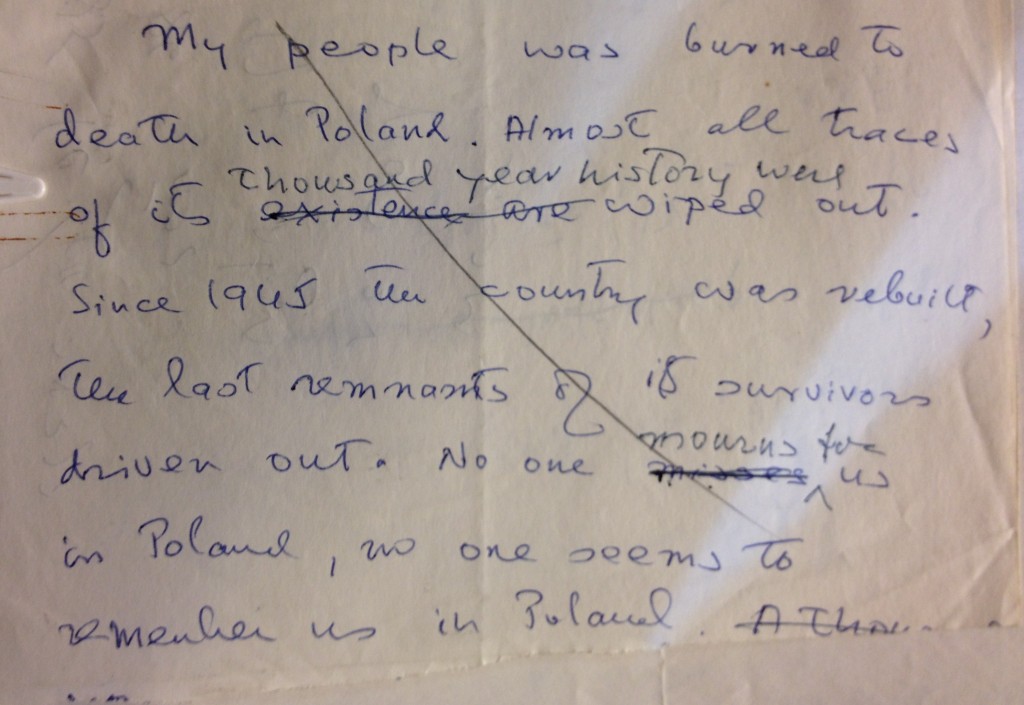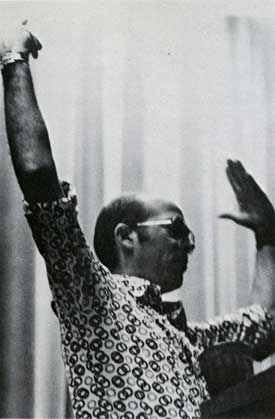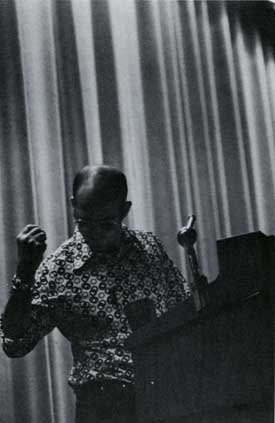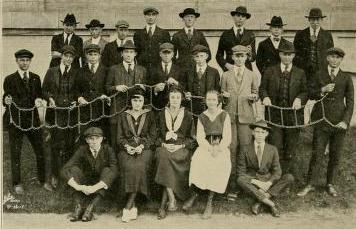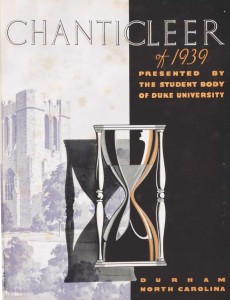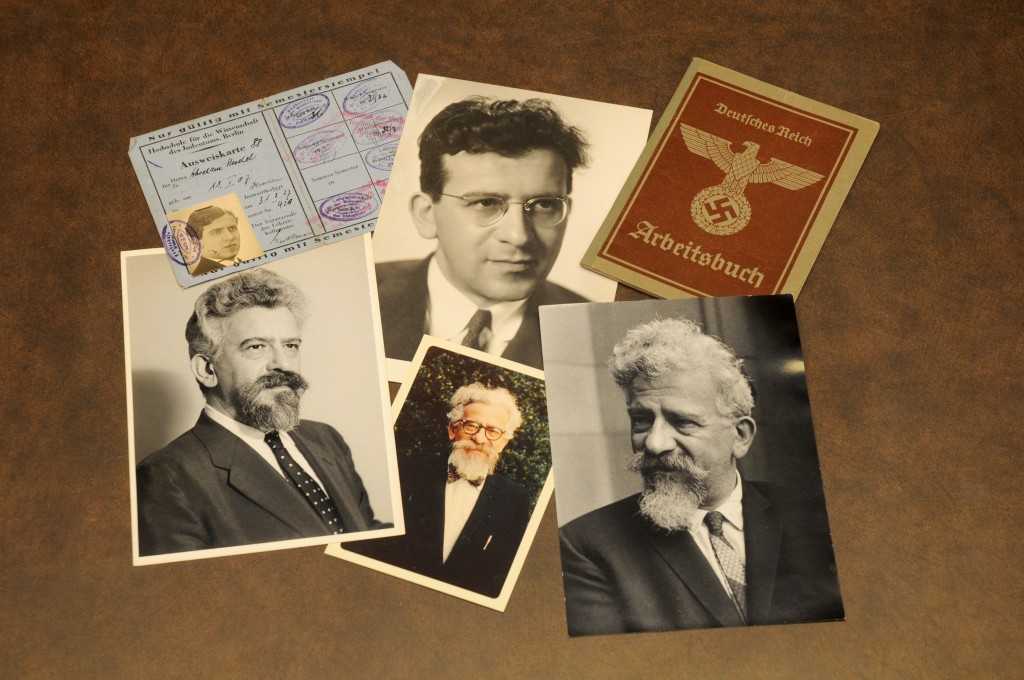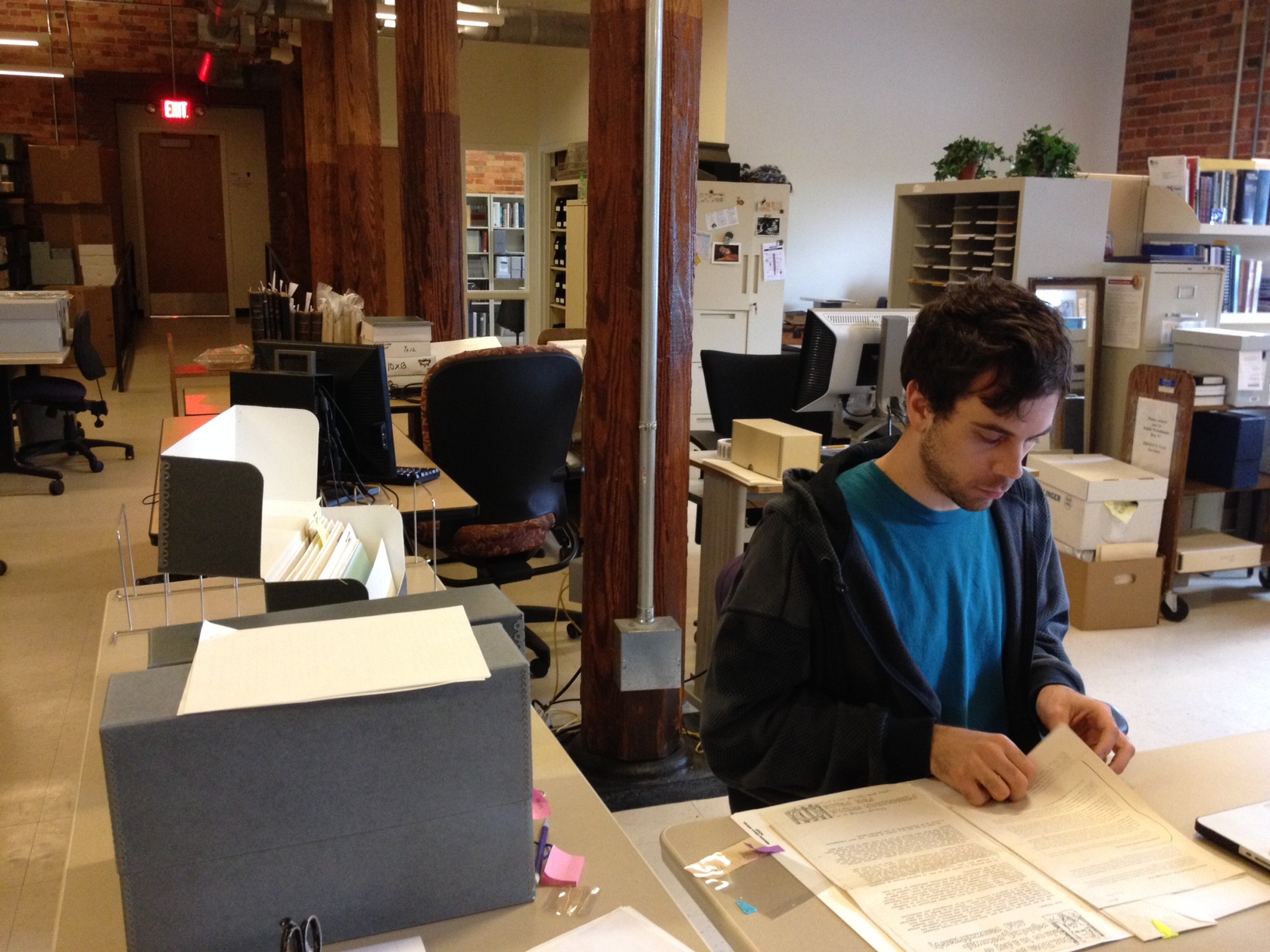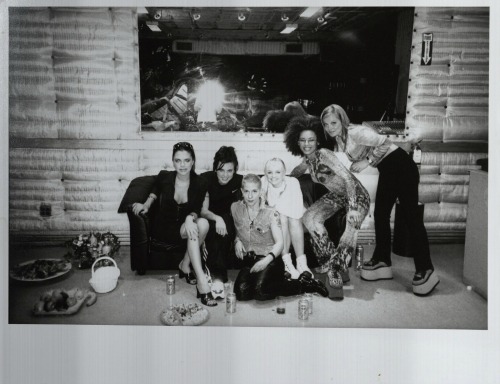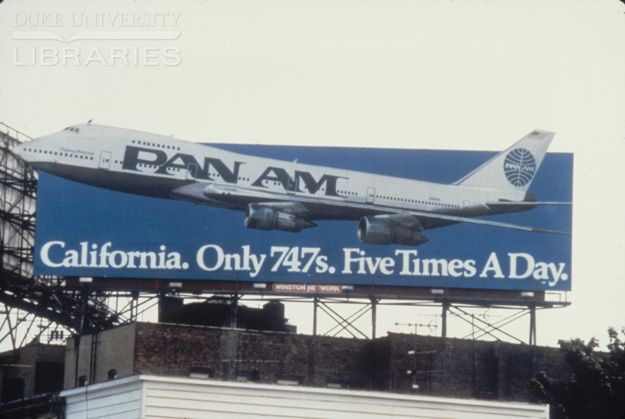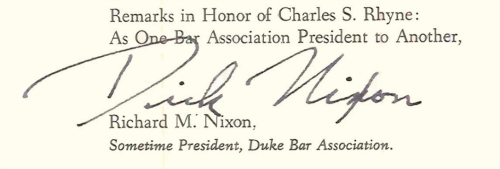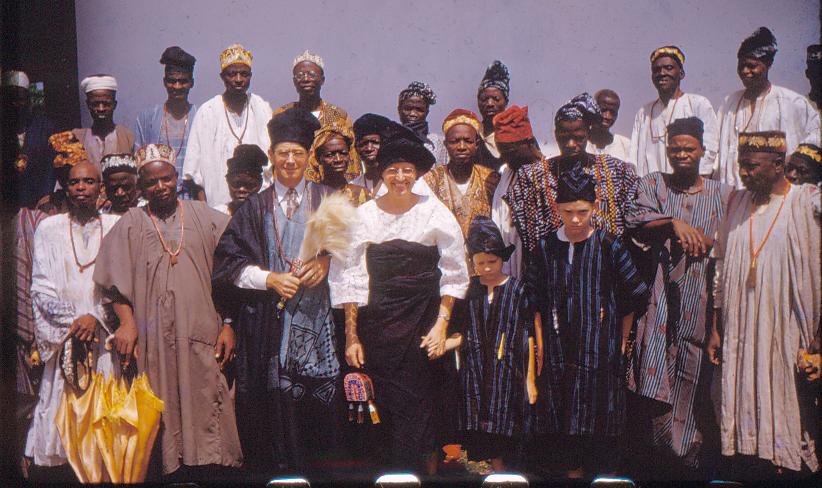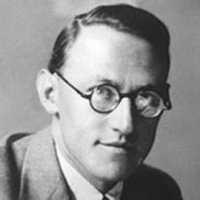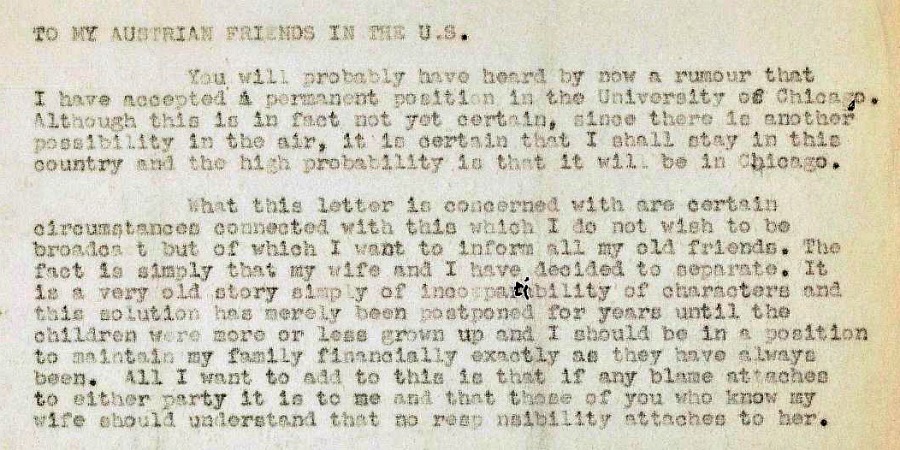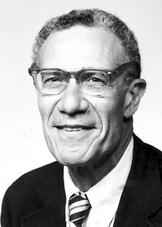Every year we rely on a group of dedicated undergraduate student workers who do a little bit of everything to keep the Rubenstein Library running smoothly, but you might not know it since they’re usually working behind the scenes. Since it’s the end of the school year, we wanted to highlight our graduating seniors who will be leaving us. We’re grateful for all of their hard work and are consistently impressed by all that they accomplish in addition to working with us. Meet Taylor Imperiale:
I’ve been working at the Rubenstein Library since the beginning of my junior year at Duke. I’m now a senior on my way out, so it feels like I’ve been here for quite a while. Over the past two years, the library has certainly undergone a whole lot of changes and the work I do has changed quite a bit as well.
I always enjoy working evening shifts helping patrons at the front desk. On my daytime shifts, you would usually find me in the stacks reshelving items, particularly in the old stacks, organizing some collection, or doing some sort of arts and crafts type activity. For the past year or so I have been working on a project to rehouse our sheet music collection to send it all offsite. I had hoped to finish it by the time I graduate, but alas, I am only about a third of the way through. I wish my successor the best of luck in this seemingly endless, but quite relaxing, task.

Now for a bit about me. In May I’ll be graduating (fingers crossed) with degrees in political science and history and a minor in Spanish. I’ll be spending the next two years teaching Spanish in Philadelphia through Teach for America. After my two-year stint as a teacher, I’ll be moving on to attend the University of Chicago Law School. As it turns out, the generosity of Mr. Rubenstein seems to follow me everywhere because I have been offered a law school scholarship that bears his name. I can’t help but think that having the Rubenstein name on my resume helped me get the scholarship offer.
I’ve enjoyed every minute of my time working here. The staff has always been really friendly and supportive and made me feel like a part of the family. I’d like to thank Josh and Liz especially for being great supervisors, as well as the rest of the staff that made my time here so pleasant. In a couple of months when I’m sure to be missing Duke, I’ll certainly be missing the great folks at the Rubenstein Library.




